Share the page
Urban platform in Cameroon
Project
Published on
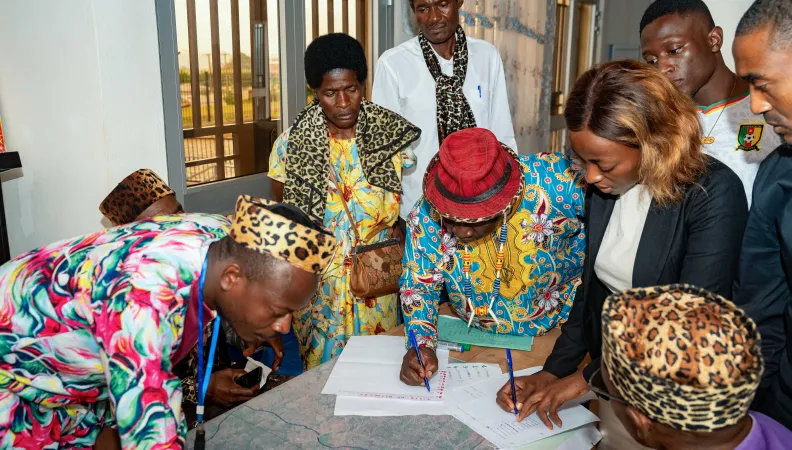
-
Project start date
-
Status
Ongoing
-
Project end date
-
-
Financing amount (Euro)
-
4.9m
-
Country and region
-
Cameroon, Africa
-
Funders
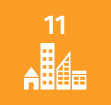
The Urban Platform in Cameroon project aims to support the transition towards sustainable, green and inclusive urban planning. Expertise France has a bottom-up approach, from the local to national level, aimed at strengthening urban governance and supporting decentralisation. It is also helping to improve public policies on land use planning.
Strengthening mechanisms for territorial management and urban planning
As part of the Urban Platform in Cameroon project, Expertise France is aligning and structuring a cooperative governance framework for land use planning policies. We are focusing on strengthening urban management mechanisms through close cooperation between institutional, local and civil society stakeholders.
To this end, the project has contributed to the creation of the National Platform of Urban Stakeholders, a physical space for consultation gathering 69 member institutions. This platform aims to become a permanent forum for discussion, policy dialogue and consultation between public institutions, regional and local authorities, civil society, professionals and researchers.
This multi-stakeholder framework for dialogue is helping to build a common vision of urban issues in Cameroon, improve interinstitutional coordination, capitalise on good practices at field level, and make concrete recommendations to develop strategic, regulatory and operational frameworks for urban planning.
Through thematic working groups, field visits, hands-on training, awareness-raising campaigns and targeted expertise, Expertise France is strengthening the technical capabilities of local and central authorities in the field of planning, land management, waste, and urban project management. It is also promoting gender-responsive, inclusive and green urban planning.
Improving knowledge and increasing access to urban data, including the issues of inclusion and resilience
The project is addressing another major need: improve the visibility, accessibility, and usability of the urban planning tools developed over the last two decades, as urban stakeholders are still largely unaware of them or do not make sufficient use of them. A centralised open access database has been created for this purpose. It includes the main existing planning documents (Urban Master Plan, national and regional plans, Regional Development Plan, for example) to facilitate use and ownership.
At the same time, work is being carried out to structure and make available socio-territorial data. The objective is to provide all the stakeholders – public institutions, regional and local authorities, researchers, professionals, civil society – with access to reliable and up-to-date information that can be readily used for urban planning and management: map resources, censuses, equipment/infrastructure and urban density, for example.
A Collaborative Digital Platform is also being developed as a follow-up to the Platform of Urban Stakeholders. It will provide visualisation and data sharing tools to facilitate a real spatial and digital dialogue. This interface will help strengthen inter-sectoral coordination in decision-making related to land use planning.
Beneficiaries
The main direct beneficiaries of the project will be:
- The Ministry of Housing and Urban Development (MINHDU): a long-standing operator in land use planning and the production of equipment and infrastructure in urban areas
- The Ministry of Decentralisation and Local Development (MINDDEVEL): it is responsible for developing, monitoring, implementing and evaluating government policy on decentralisation and promoting local development
- The Ministry of Economy, Planning and Regional Development (MINEPAT): it is responsible for developing, implementing and planning the national economic policy, as well as for land use planning
- The Ministry of Domains, Cadastre and Land Affairs (MINDCAF): it is responsible for developing and implementing government policy on public domains, cadastres and land
- Cameroon’s local authorities, especially the municipalities of Yaoundé, Douala and Maroua, will benefit from a framework for public policy dialogue, an improved legal framework and feedback from the experiences of the project activities
Other stakeholders are also involved in the project, such as regional and local authorities, international partners and civil society organisations, including the Cameroon National Youth Council and professional bodies (national associations of architects, surveyors, engineers and urban planners), which are members of the National Platform of Urban Stakeholders.
European Union “Cameroon: Green, Inclusive and Sustainable Cities” programme
The Urban Platform in Cameroon project is part of the “Cameroon: Green, Inclusive and Sustainable Cities” programme financed by the European Union. This programme supports the transition towards sustainable, green and inclusive urban planning, in line with the priorities of the Green Deal and sustainable development.
Our action is contributing to the achievement of the first objective of the programme: strengthen urban governance and the multi-stakeholder dialogue on the issues of sustainable, inclusive and resilient urban planning.
Sustainable Development Goals
SDG11 - Sustainable citites and communities
Make cities and human settlements inclusive, safe, resilient and sustainable

Similar Projects
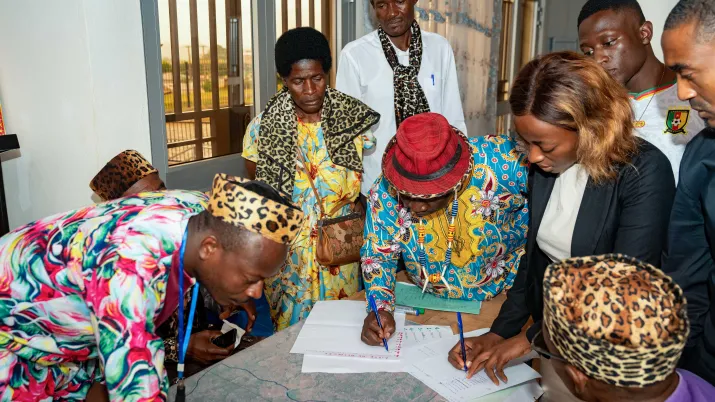
Air Quality Improvement Program in ASEAN
Ongoing
2023 - 2025
Funders : Agence Française de Développement
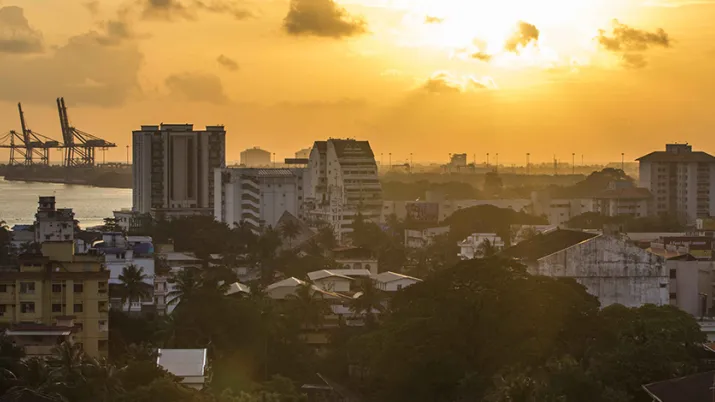
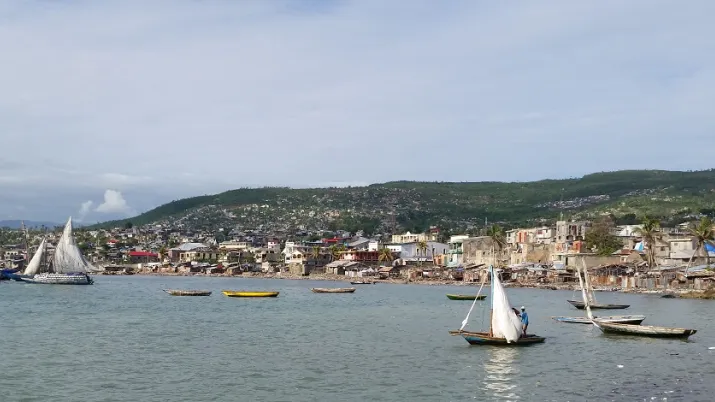
In the News
Supporting cities and the industrial sector in the face of the global climate challenge
Published on november 12 2025
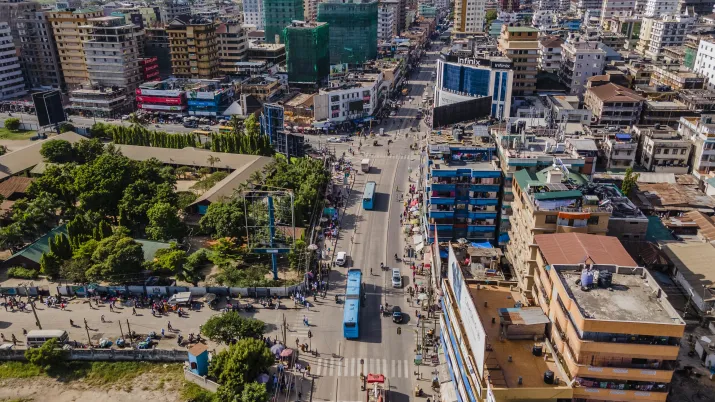
Actively Improving Air Quality through Comprehensive Strategies Across ASEAN
Published on september 6 2024

Towards sustainable Olympism: Paris 2024 and Dakar 2026 at the forefront
Published on august 27 2024



